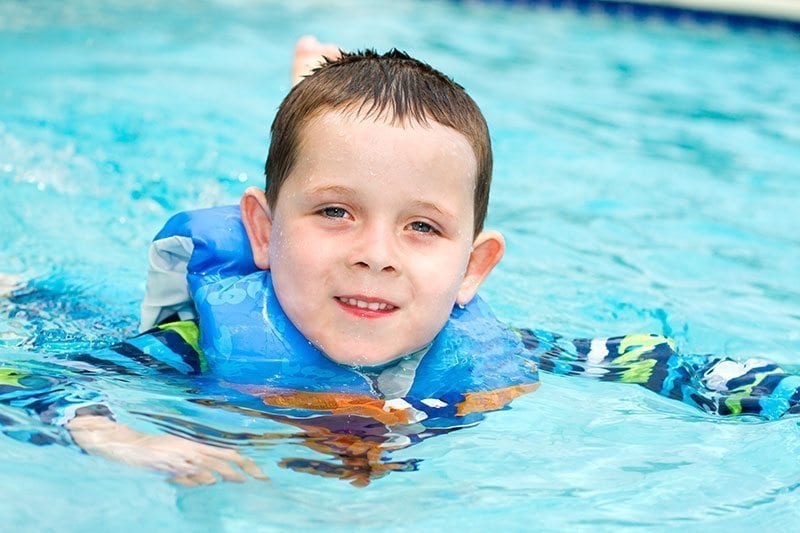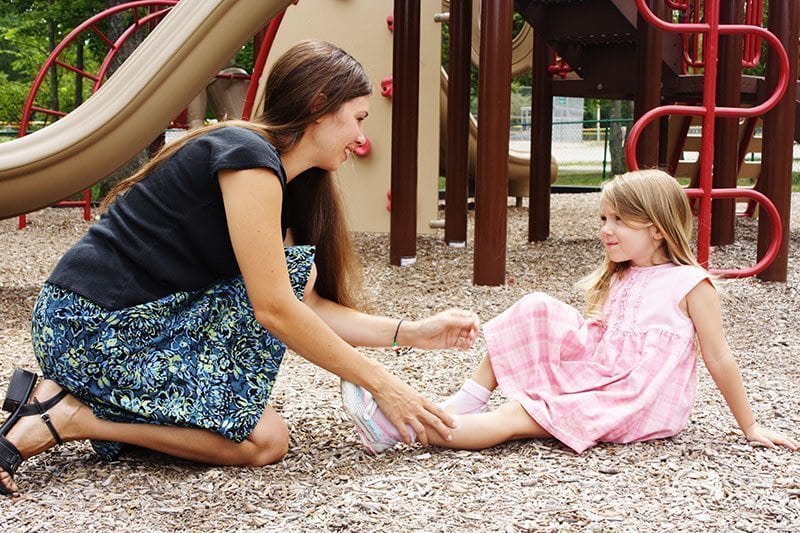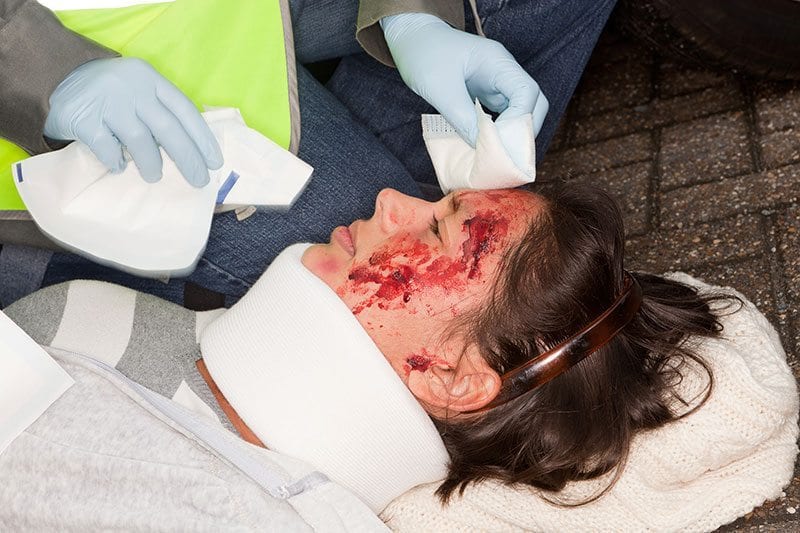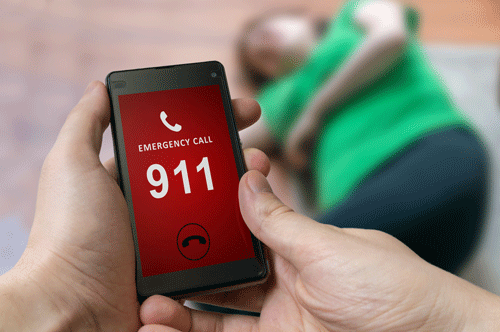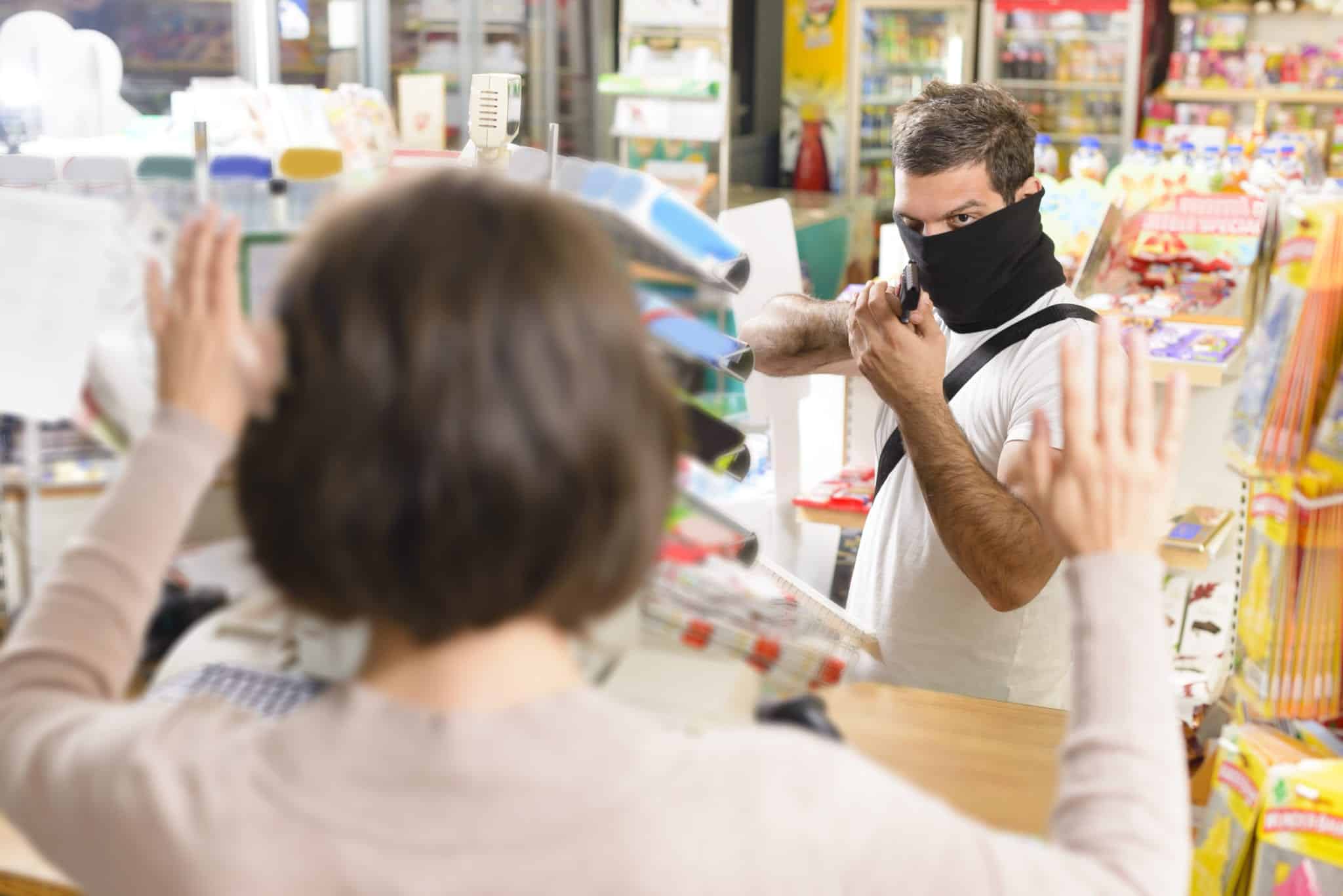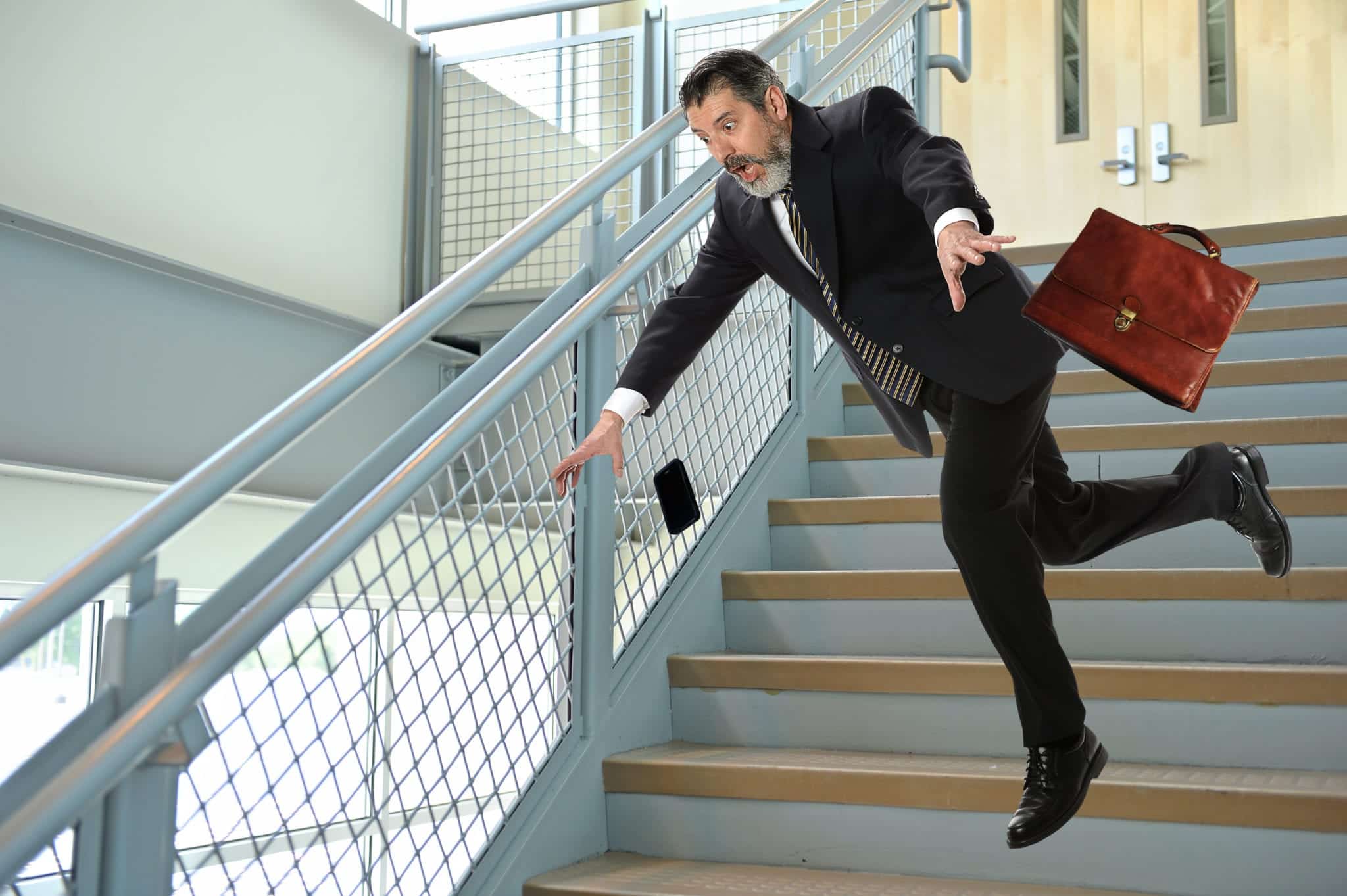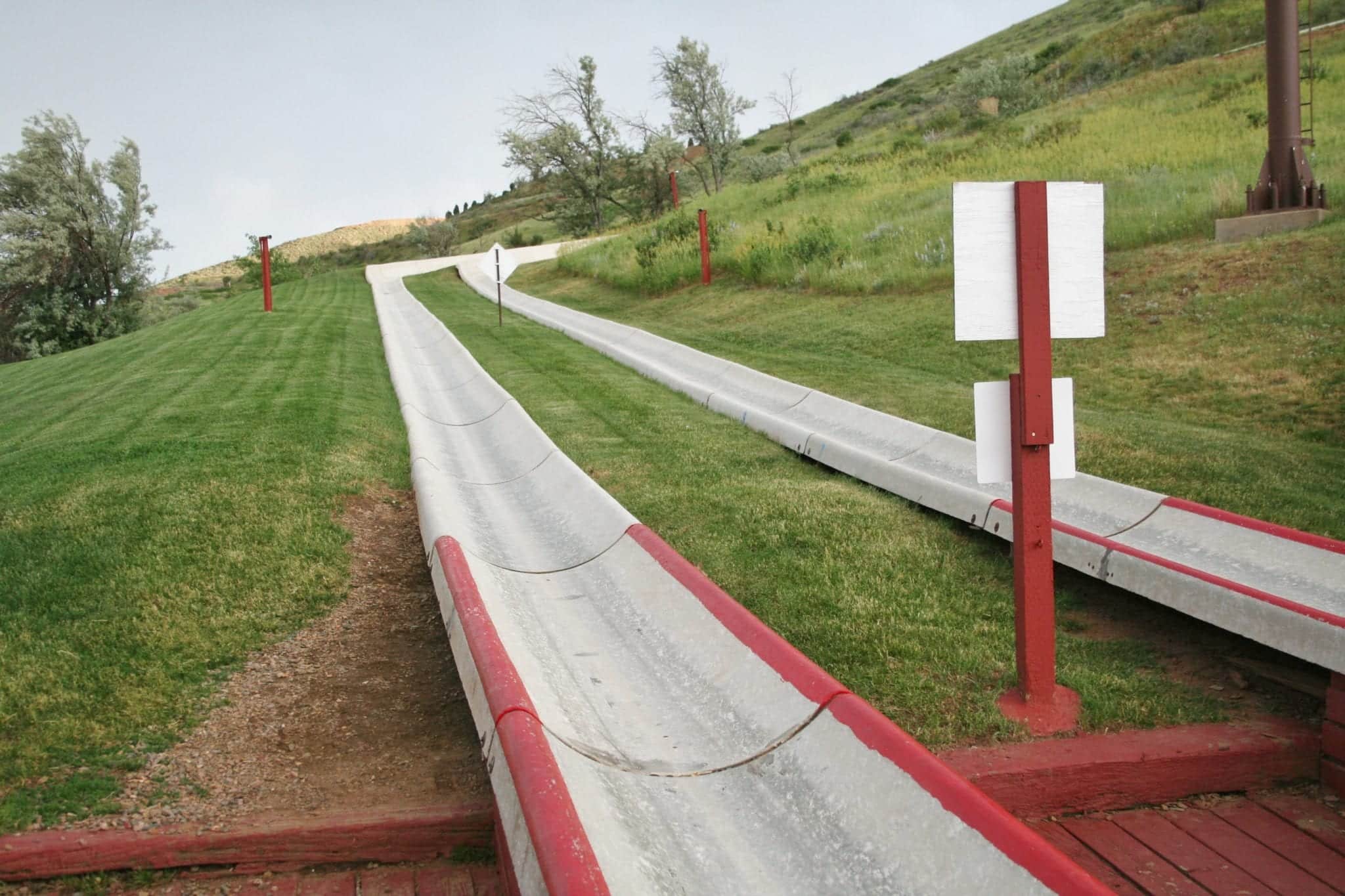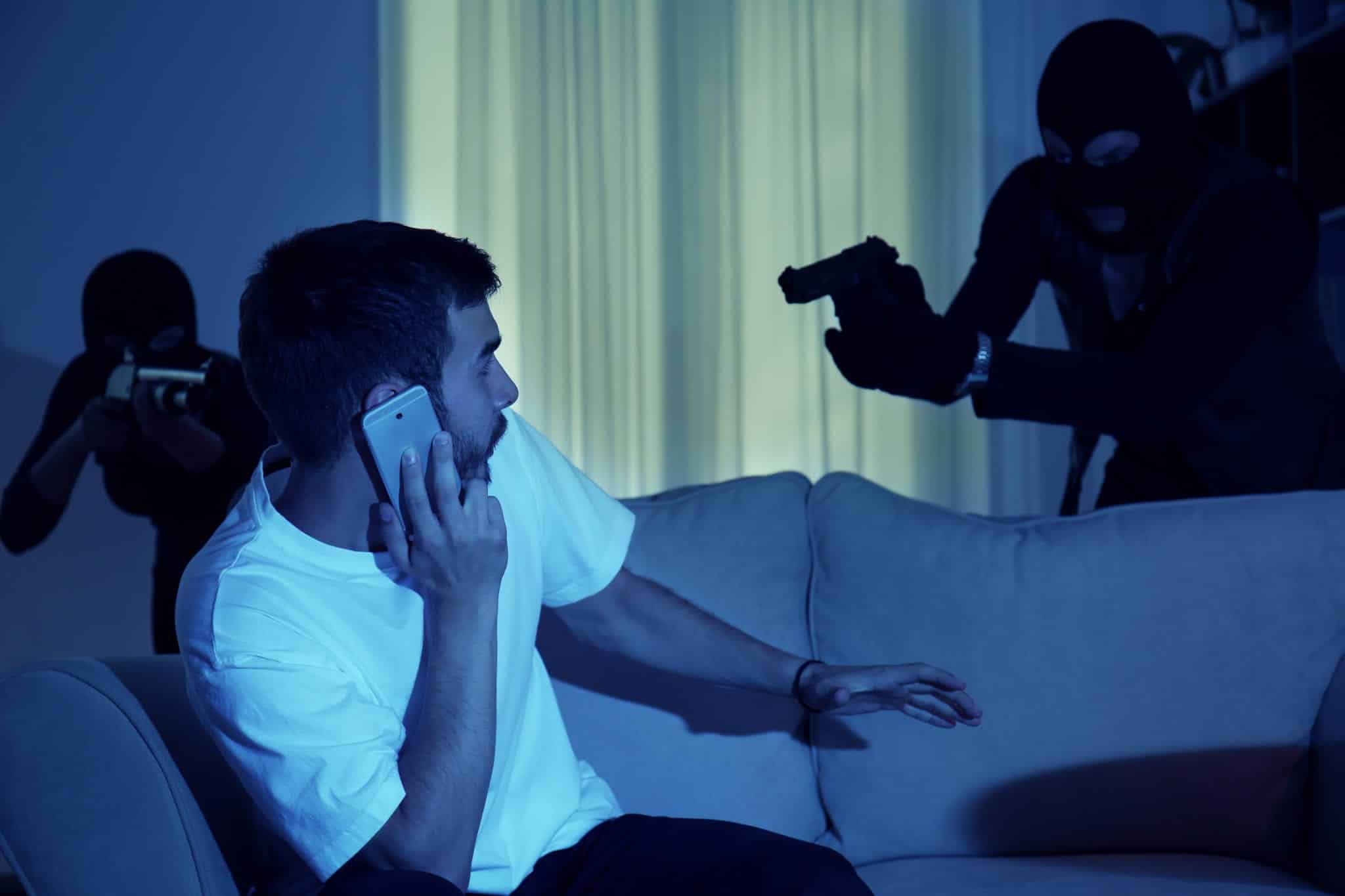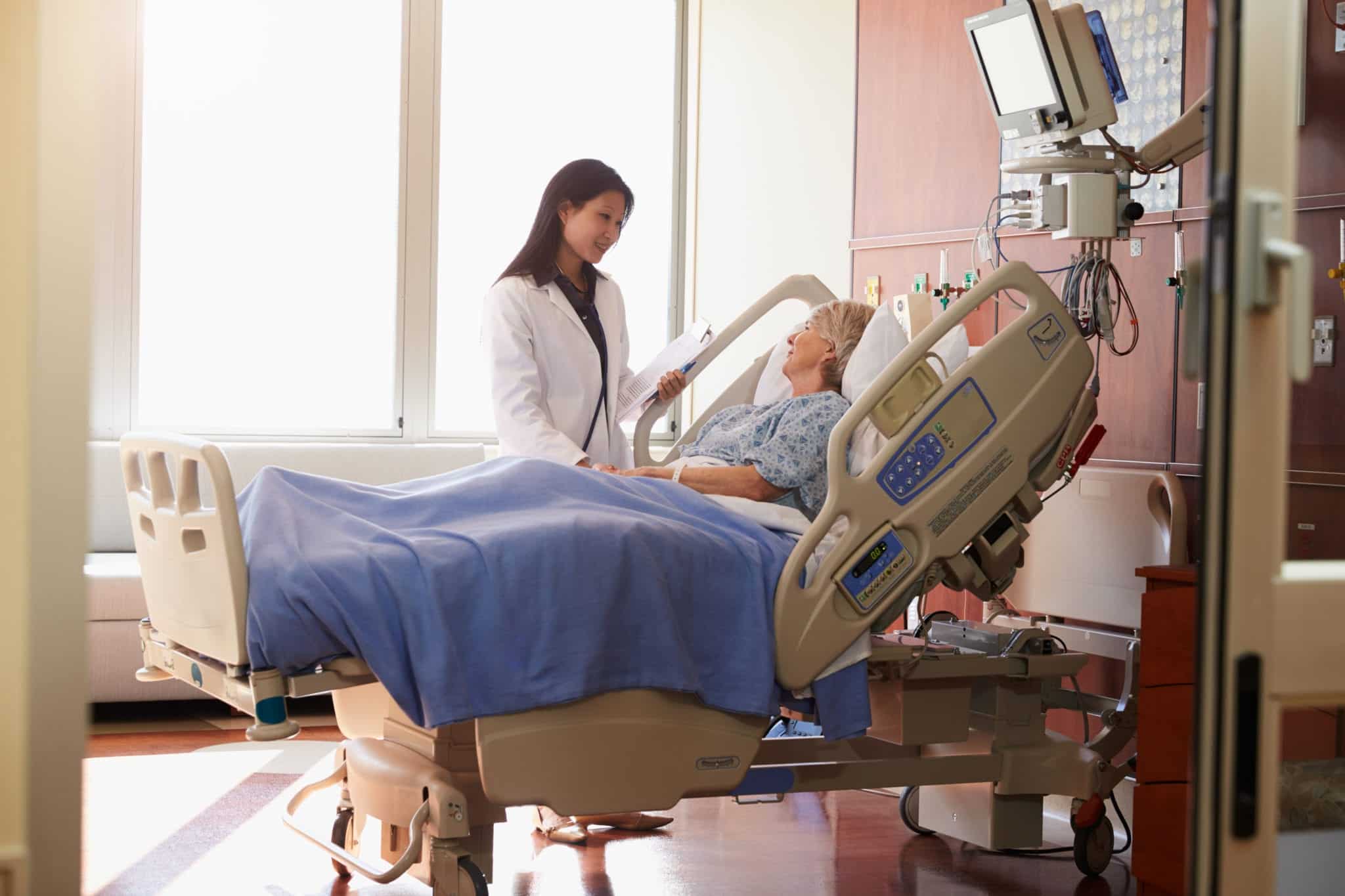Escaping the Georgia heat in a nice cool swimming pool is a great way to spend the afternoon during the summer months. But if you own a pool, you should be aware of your responsibilities to others with regards to pool safety to avoid liability.
So what responsibility do homeowners have to others when it comes to pool safety? Well, homeowners owe a legal duty to those that they invite onto their property to keep the property reasonably safe. Therefore, if you own a pool and you have people or children over, you have a duty to keep the pool area safe and to try to help them if something goes wrong.
What many pool owners don’t realize is that they also have duties to other people that they haven’t invited over. While it is true that homeowners generally have no duty to keep a premise safe for trespassers, there is a major exception to this general rule when it comes to children that pool owners need to keep in mind this summer: the attractive nuisance doctrine.
THE ATTRACTIVE NUISANCE DOCTRINE IN GEORGIA
Under Georgia’s attractive nuisance doctrine, landowners do have a duty to prevent trespassing children from coming onto their land and being harmed by an “attractive nuisance.” An attractive nuisance is something that landowners should reasonably expect to attract children onto the land and that is dangerous. All Georgia courts are in agreement that a swimming pool is an example of an attractive nuisance.
This doctrine exists because courts have recognized that children simply don’t understand why they shouldn’t trespass onto land, and they often don’t appreciate the risk involved with attractive nuisances like swimming pools. Because of these factors, pool owners have a duty to take reasonable steps to ensure that children cannot trespass onto their land and be harmed by or in their pool.
Taking reasonable steps means limiting accessibility to the pool in a reasonable way. For instance, if a pool owner completely fences their yard and the gate is locked, they will not usually be liable for any harm that happens. Conversely, if a pool is unguarded or a gate is left open, liability could attach under this doctrine.
LIMITING ACCESSIBILITY TO POOLS CAN SAVE LIVES
According to the CDC, nearly 800 children under the age of 14 die and another 4000 are harmed in drowning incidences in the United States. According to the CDC statistics, most drowning deaths of young children occur in home swimming pools. For pool owners, the CDC recommends installing a pool fence “that completely separates the pool area from the house and yard.” The CDC also stipulates that “the fence should be at least 4 feet high,” and instructs homeowners to “use self-closing and self-latching gates that open outward with latches that are out of reach of children.”
CONTACT Williams Elleby Howard & Easter, FOR MORE INFORMATION
The attorneys at Williams Elleby Howard & Easter are well versed in personal injury and premises liability law. Williams Elleby Howard & Easter serves clients in Acworth and throughout Georgia. If you would like more information about this issue, contact Williams Elleby Howard & Easter, at 833-LEGALGA.
